- Products
Product Categories
12G / 4K-UHD
Audio Monitors
Audio Processors
Bypass / Failover Switches
Control Panels
Converters
Distribution Amplifiers
Embedders / De-Embedders
Encoders / Decoders
Fiber Optic Transport
Frame Synchronizers
Keying / Branding
Mini-Converters
Multiviewers / Monitoring
openGear® Cards
openGear® Frames / Accessories
Options
RIST / SRT
Routers
ST 2110 / IPMX
Standalone Devices
Test / Reference
Featured Product Lines
Cobalt has an extensive range of award-winning IP and 12G/6G/3G/HD/SD conversion, compression, routing, and multiviewer product lines.
Browse Product Lines - Solutions ▼
- Resources ▼
- Support ▼
- Company ▼
Resources→
Support→










